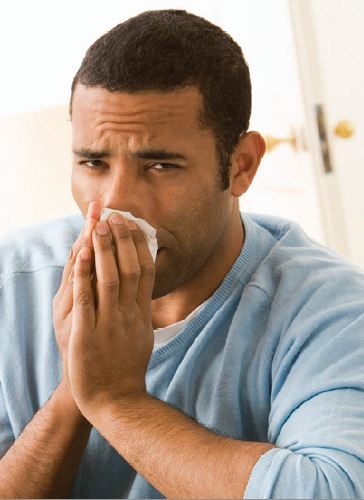Allergies affect millions of people worldwide, causing discomfort and sometimes severe health issues. Allergic reactions occur when the immune system overreacts to certain substances, known as allergens. Identifying the causes of allergies is essential for managing symptoms and avoiding triggers, and it is crucial for gamblers that like the games from casino joka club. Here are five common causes of allergies.
Pollen
Pollen allergies, also known as hay fever or allergic rhinitis, are prevalent, especially during spring and summer. Pollen from trees, grasses, and weeds is released into the air and can trigger allergic reactions in susceptible individuals. Symptoms include sneezing, itching, nasal congestion, and watery eyes. To minimize exposure, it’s helpful to monitor pollen forecasts, keep windows closed during peak pollen times, and use air purifiers or filters. When you do this, you can decide to play real money online pokies and enjoy the experience without getting allergies.
Dust Mites
Dust mites are tiny insects that live in house dust, bedding, upholstery, and carpets. Their waste particles and decomposed bodies can trigger allergic reactions, leading to symptoms such as sneezing, coughing, itching, and asthma attacks. Regular cleaning, using allergen-proof mattresses and pillow covers, and keeping humidity levels low can help reduce dust mite allergies.
Pet Dander
Pet allergies are commonly caused by proteins found in the skin cells, saliva, and urine of animals. The most common triggers are cats and dogs, but other animals like rabbits, guinea pigs, and birds can also cause allergies. Allergic reactions to pet dander can range from mild symptoms like sneezing and a runny nose to more severe reactions like asthma attacks. Minimizing exposure to pets, keeping them out of bedrooms, and regularly cleaning and vacuuming can help alleviate symptoms. Simon Jordan’s wife knows all about this.
Mould
Mould is a type of fungus that thrives in damp environments such as bathrooms, basements, and areas with water damage. Mould spores can become airborne and trigger allergic reactions when inhaled. Symptoms may include sneezing, nasal congestion, coughing, and skin irritation. To prevent mould allergies, it’s important to address any moisture issues in the home, ensure proper ventilation, and promptly repair any water leaks or damage.
Food Allergens
Food allergies occur when the immune system reacts to specific proteins in certain foods. Common food allergens include peanuts, tree nuts, milk, eggs, soy, wheat, fish, and shellfish. Allergic reactions to food can range from mild symptoms like hives and digestive issues to severe reactions like anaphylaxis, a life-threatening condition. Strict avoidance of the allergen is crucial for individuals with food allergies, and it’s important to read food labels carefully and communicate dietary restrictions to others.
Conclusion
It’s worth noting that these five causes represent some of the most common allergens, but allergies can be triggered by a wide range of substances, including insect stings, medications, and latex. Allergies can vary in severity and can develop at any age. If you suspect you have allergies, it’s important to consult with a healthcare professional or allergist for an accurate diagnosis and appropriate management plan.
Understanding the causes of allergies empowers individuals to take proactive measures to minimize exposure and manage symptoms effectively. While complete avoidance may not always be possible, implementing strategies to reduce exposure to allergens can significantly improve the quality of life for allergy sufferers.


